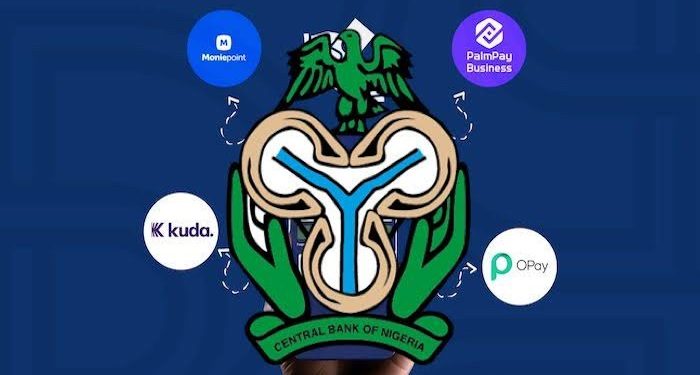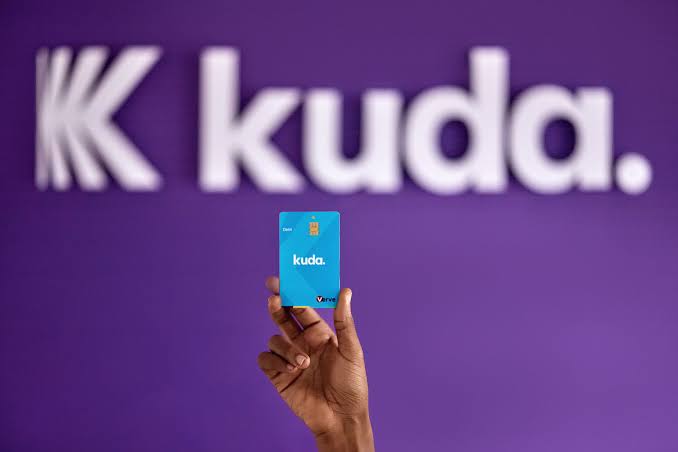The Federal Government has commenced the implementation of the Electronic Money Transfer Levy (EMTL), charging N50 on electronic transactions of N10,000 and above processed through financial technology platforms like Opay, Moniepoint, Kuda, and others.
Overview of EMTL
- Introduced in Finance Act 2020: The EMTL mandates a one-off levy of N50 on recipients of electronic transfers or receipts of ₦10,000 or more.
- Effective Date: Initially set to take effect from September 9, 2024, the full implementation officially began on December 1, 2024.
- Purpose: Funds collected under the EMTL are directed to the Federal Inland Revenue Service (FIRS) for revenue generation, with no direct benefit to the fintech companies facilitating the deductions.
Fintech Companies’ Role
- Opay:
In a notice sent to customers, Opay clarified that the deductions are mandated by FIRS and implemented in compliance with government regulations. The platform emphasized it does not profit from the levy. - Moniepoint:
Moniepoint echoed similar sentiments, stating it collects and remits the N50 levy to FIRS on behalf of the Federal Government.
Public Backlash and Opposition
The EMTL has sparked widespread criticism:
- National Association of Nigerian Students (NANS): Called for the immediate reversal of the levy, citing economic hardship and overburdening of citizens.
- General Public Sentiment: Many Nigerians see the levy as an additional financial burden, especially amid economic challenges.
Implementation Process
- Affected transactions: All electronic transfers and receipts of ₦10,000 or above, including personal and business accounts.
- Levy application: The ₦50 deduction is applied once per qualifying transaction, regardless of the transfer’s amount above ₦10,000.
Implications for Nigerians
- Economic Impact:
The levy adds to the cumulative cost of electronic financial transactions, which may discourage digital payments and promote a cash-based economy. - Revenue Generation:
The EMTL is part of the government’s efforts to boost non-oil revenue and meet fiscal demands, potentially increasing the national treasury’s resources. - Trust in Digital Banking:
The policy could erode trust in digital banking platforms, especially among users who feel penalized for embracing cashless policies.
Despite opposition, the Federal Government remains committed to the EMTL implementation. Stakeholders, including fintech companies and advocacy groups, are urging policymakers to explore alternative measures to balance fiscal objectives with public interest.










